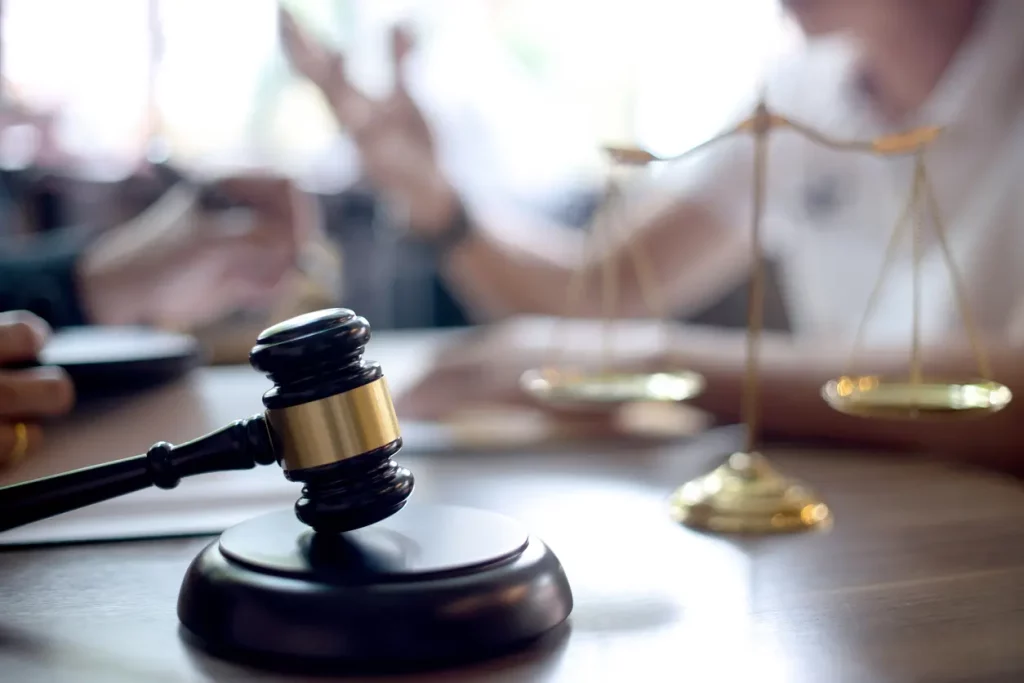In the realm of criminal law, the recantation of a witness or victim’s testimony can be a pivotal development for individuals seeking post-conviction relief. Here’s a comprehensive look at the steps and considerations involved in this process within California law.
Understanding Recantation
Recantation refers to the act of a witness or victim withdrawing their previous statements or testimony, claiming it was false or misleading. This can significantly impact a case, especially if the initial testimony played a crucial role in the conviction.
Legal Implications
The recantation of testimony can lead to post-conviction relief options, such as filing for a new trial, exoneration, or appeal. However, the process is complex and requires a strong legal strategy.
Steps to Take
- Document the Recantation: Obtain a detailed statement from the witness or victim outlining why they are recanting their testimony and the truth they wish to disclose.
- Legal Representation: It’s imperative to work with a criminal defense attorney experienced in post-conviction relief. They can guide you through the legal process and help prepare the necessary filings.
- Filing a Motion: Your attorney will likely file a motion for a new trial or to vacate the conviction, based on the new evidence provided by the recantation. This motion will be reviewed by the court.
- Hearing and Evaluation: A hearing may be scheduled where the court will evaluate the credibility of the recantation. The court assesses whether the new testimony could have materially affected the outcome of the trial.
- Potential Outcomes: If the court finds the recantation credible and significant, it may order a new trial, modify the sentence, or even overturn the conviction. However, if the recantation is not deemed credible, the original conviction may stand.
Challenges
Recantations are viewed with skepticism by courts due to the potential for manipulation or coercion. Proving the sincerity and truthfulness of a recantation is a critical challenge. Your attorney must demonstrate not only the credibility of the recantation but also its impact on the case’s outcome.
Conclusion
The recantation of a witness or victim’s testimony opens a potential path to post-conviction relief for convicted individuals. However, navigating this path requires careful legal guidance, thorough preparation, and a strong understanding of the complexities involved. The goal is to ensure that justice is served based on the truth.
***
Disclaimer: This content is for informational purposes only and does not constitute legal advice. If you or someone you know is seeking post-conviction relief due to a witness or victim recanting their testimony, it is crucial to consult with a qualified attorney experienced in criminal defense and post-conviction matters.

